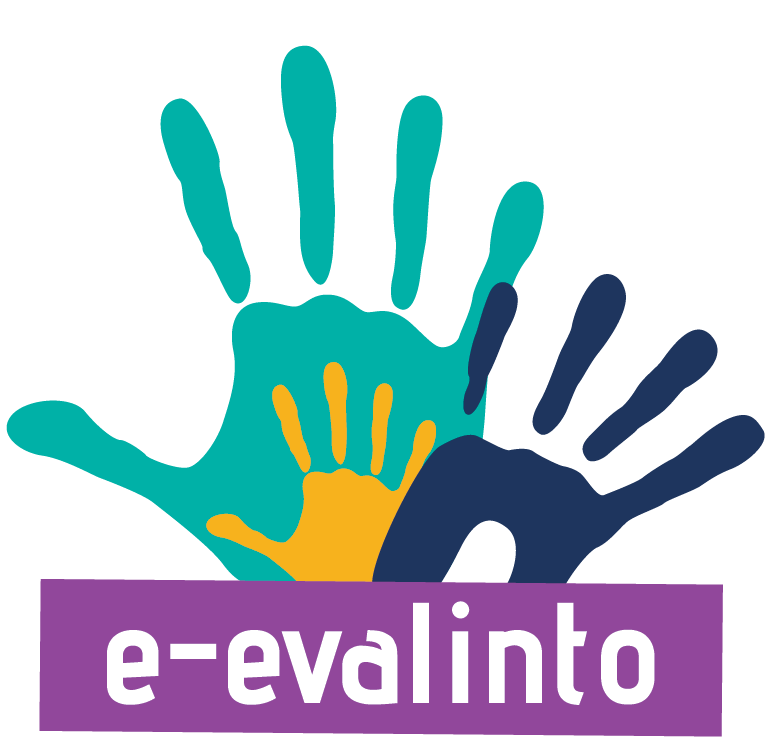 The analysis of the results of the survey carried out in the pilot schools identified five topics to be addressed through the implementation of peer mentoring activities, which will be developed during the school year 2017-18.
The analysis of the results of the survey carried out in the pilot schools identified five topics to be addressed through the implementation of peer mentoring activities, which will be developed during the school year 2017-18.
9 school managers, 27 teachers, 51 parents and 113 students participated in the study providing their personal perspectives on positive impact, challenges, teaching strategies and resources relating to their school community and the inclusion of migrant pupils.
- Personal Wellbeing / Social Skills
Developing an awareness of our mental, physical and spiritual health is an important life-skill for all people, especially the students in our care. At different times, our students may have positive and negative experiences that have an impact on their self-image, self-esteem and how they feel about the world around them. For students who have a migrant background, these experiences can be even more intense because of changes in family circumstances, living conditions and a degree of ‘culture shock’. It is very important that these students be enabled to attend to their levels of self-esteem, to be aware of their feelings and thoughts and to be able to articulate them where necessary and appropriate.
- Language / Communication Skills
Many students of migrant background find themselves in a location where the main language is new to them. This can impact on their personal, social and academic development. It is important to give these students specific targeted opportunities to learn the language of the country in which they now reside at a pace suitable to them. It is also recommended that they be enabled to have additional practise in listening, speaking, reading and writing in their new language.
- My Culture, Your Culture
In a school with a migrant student population, there is much opportunity for all students to learn from ‘real people’ with ‘real life experience’ of a culture other than their own. Celebrating such diversity is a positive way of exploring the similarities and differences in many aspects of our cultures from language, literature and music to food, lifestyles and religions. Encouraging students of both native and migrant backgrounds to share their cultures with each other offers them the opportunity to explore their own culture more deeply and give each other a chance to ‘taste the flavour’ of another culture. Such activities promote inclusion and tolerance.
- Study skills
Different countries have different approaches to education. Students of migrant background may be adjusting to different school sizes, class levels, academic subjects, school calendars and timetables, styles of teaching and learning, and school ethos. It is important that the students develop an understanding of these issues and refine their skills in study and time management. They should be enabled to try different study techniques and ways to prepare for exams, both oral and written, and how to present their work well.
- Interests and hobbies
A holistic approach to education is important to achieve a healthy balance between the academic and non-academic school experiences of students. For their own personal wellbeing, as well as the forging of new friendships or broadening their social circles, it is recommended that students be given the opportunity to share with others their interests and hobbies and be given the chance to try out new experiences.
